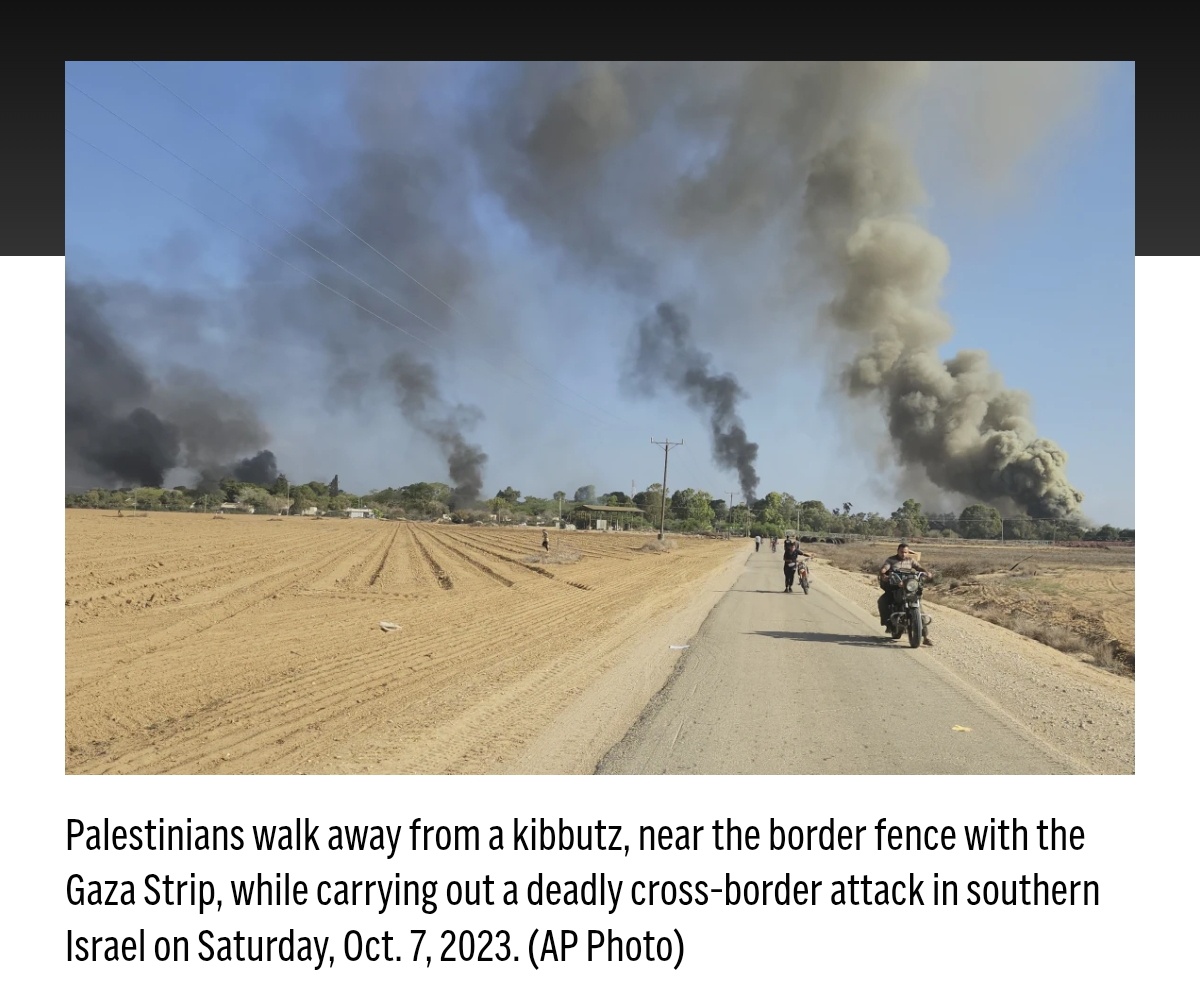Smuggling Strategy
Black Sails, produced by Starz, and Spartacus, also by Starz, stand in a critical tradition that is almost absent from mainstream television. They weave together anti-colonial, anti-capitalist, and queer struggles with the precision of social history and political theory. They refuse the usual sanitisation of TV narratives and instead choose to make the structures of domination visible, to name them, to attack them, even from within the machinery of entertainment.
Spartacus plunges into the Servile Wars, total confrontations between a slaveholding system and those it dehumanised to the limit. It is absolute social war, fought by bodies reduced to property, with no way out except through the destruction of the system itself. There is something especially striking about seeing this story unfold in a pre-Christian world, before the moral codes and imaginaries of the West were shaped by centuries of Christianity. In Rome’s world, domination was not dressed up in charity or forgiveness but enforced through brute force and imperial order.
In the “third” season, there is an episode where the rebels massacre an entire Roman town. The parallel with 7 October is hard to ignore. The same pattern emerges, an act of extreme violence against a power perceived as oppressive and colonial. And yet, in Spartacus, many of us find ourselves on the side of these insurgents, not out of morbid fascination but because the series makes us understand the nature of the enemy itself. It reminds us that today, we live in a world where the Romans won, where the legacy of their empire still structures our institutions, hierarchies and ways of thinking. It forces us to confront the essential question of what a life is worth in a world built to deny it to some.

This moment crystallises two visions of the left. One demands the complete abolition of domination, the fall of the walls, the total overturning of the existing order, whatever the cost. The other settles for reducing the harm, taking one slap instead of two, while leaving the foundations of oppression untouched. Spartacus demands that we choose a side and to accept that true liberation cannot be negotiated with those who hold the whip.
Black Sails carries that same radical energy, setting it on the oceans of the eighteenth century. Here, piracy is first and foremost a space of total autonomy, an active refusal of imperial and mercantile order. Yet the series shows how that space is encroached upon, co-opted, broken apart by the colonial and capitalist forces taking shape. What is particularly fascinating is that these pirates and enslaved people are fighting against two empires at once, trying to slip free from the grip of both. It asks what freedom means when it is besieged on every side, and how solidarity can be forged between people whose histories and desires may not always align, but who share a will to escape imposed order. It offers a sharp critique of the origins of the modern world, already structured by race, gender, property and state violence, while rejecting the romanticised visions of revolt that erase its contradictions.
The creators of both series know exactly what they are doing. They wrap their work in a layer of deliberately overstated entertainment, sometimes kitsch, sometimes excessive, with heavy eroticism and spectacular violence/sex, in order to smuggle radical critique into a cultural space saturated by dominant narratives. This envelope, knowingly provocative, drives away those who get stuck on the surface and judge the form instead of the substance. But it is a tactic of cultural contraband, slipping the poison into the feast.
And that is why, despite their differences in setting and period, Black Sails and Spartacus remain the two most deeply intersectional and radically left-wing American television series of our time. There are no others.